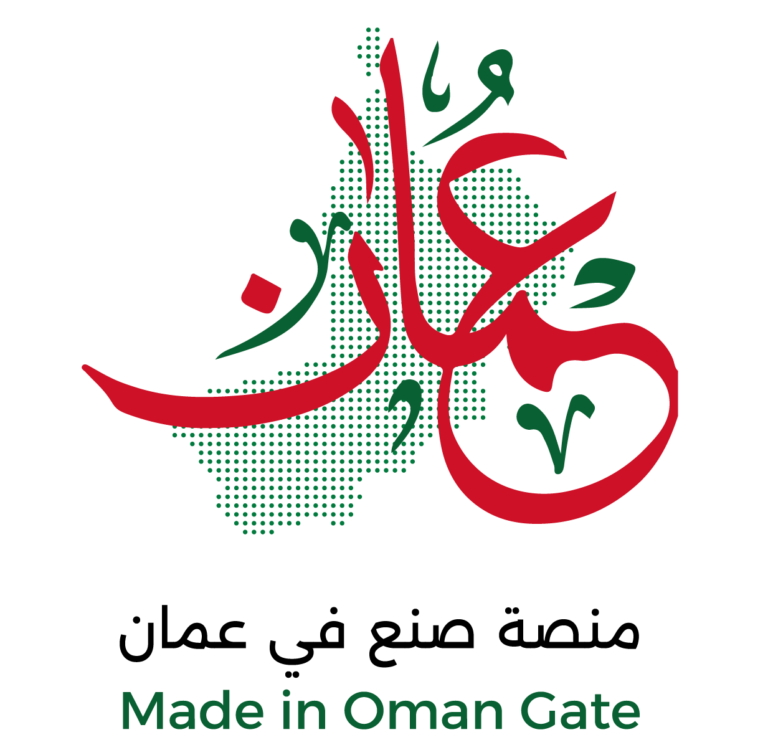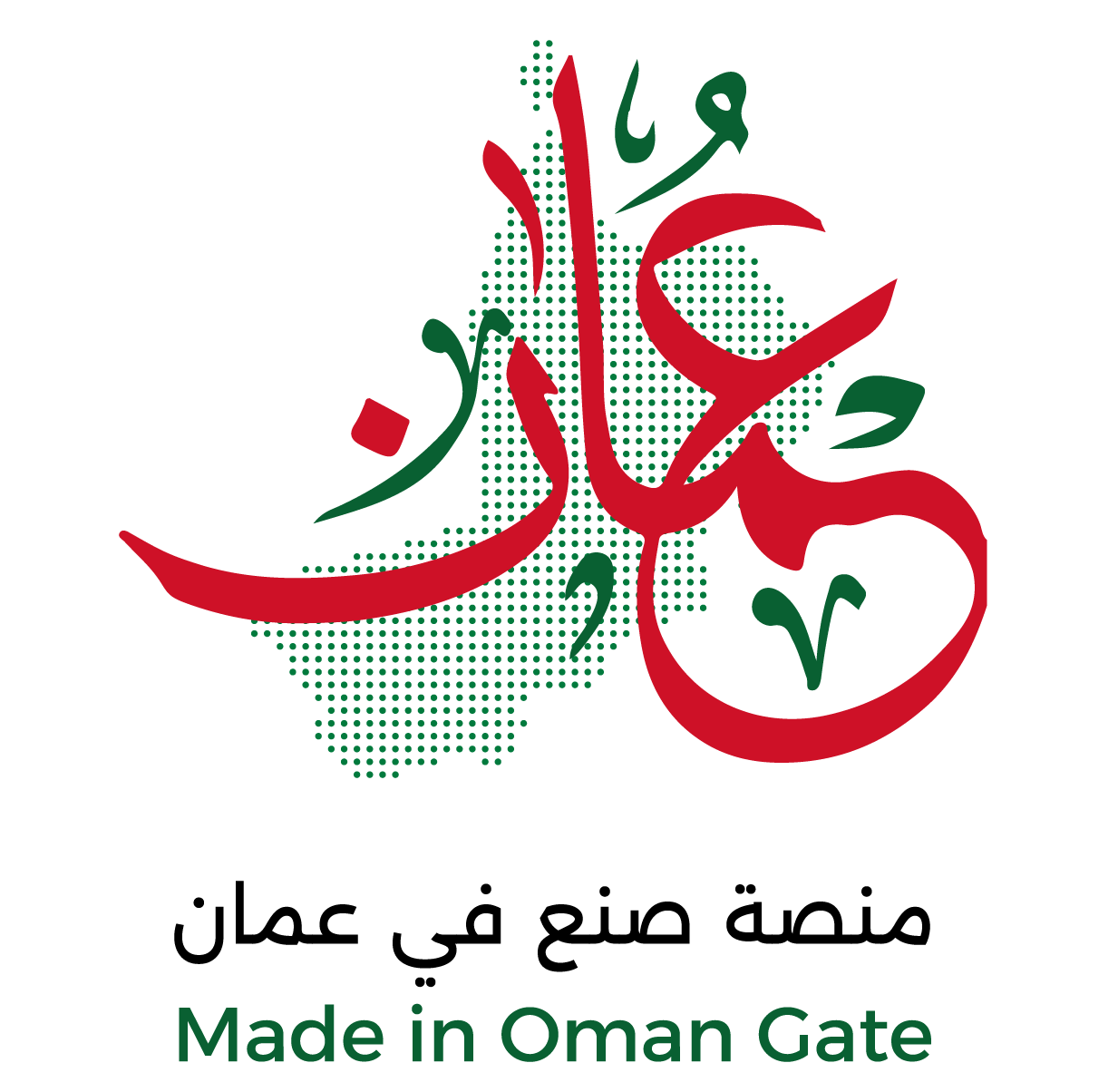An official delegation representing prominent European energy infrastructure company Gasunie recently wrapped up a visit to the Sultanate of Oman aimed at exploring opportunities for cooperation in the field of green hydrogen.
Gasunie, headquartered in the Netherlands, operates over 12,000 kilometres of domestic gas pipeline networks, in addition to around 3,100 km of pipeline infrastructure in northern Germany. Of late, the wholly state-owned gas transportation utility has been evolving from a gas transporter to a clean-energy infrastructure company as part of its energy transition.
During its 3-day stay in Oman, the Gasunie team held meetings with officials of Oman’s Ministry of Energy and Minerals, Hydrom – the orchestrator of the country’s green hydrogen sector, OQ Gas Networks – the majority state-owned gas transportation operator, and the Port of Duqm.
“During their visit, the delegation aimed to learn more about Oman’s plans for green hydrogen production and discuss potential collaborations to support the development of infrastructure and green energy production in the country,” said the Embassy of the Kingdom of the Netherlands in the Sultanate of Oman, in a post.
According to the Embassy, the visit stems from a Memorandum of Understanding (MoU) signed in November 2022 by Oman and the Netherlands with the aim of strengthening cooperation on green hydrogen initiatives. The signing took place on the sidelines of the Conference of Parties to the United Nations Framework Convention on Climate Change for 2022 (COP27), hosted by Egypt.
The MoU outlined a desire by the two countries to enhance cooperation in the field of green energy. It pledged to encourage their respective energy companies to identify export and import checkpoints for green hydrogen, associated fuel sources and raw material, serving as a gateway to Europe. It also affirmed a goal to explore potential interests in industries within the value chain of green hydrogen.
Gasunie is already taking the lead in developing key elements of the Netherlands’ hydrogen infrastructure as part of the country’s bid to position itself as a gateway for hydrogen into north-western Europe. It has been tapped by the government to build the National Hydrogen Network – a 1.5 billion euro initiative to connect major industrial areas to each other and to Germany and Belgium.
Underscoring growing green energy cooperation between Oman and the Netherlands, a Joint Study Agreement (JSA) was signed by the two sides last December to explore the development of the world’s first commercial-scale liquid hydrogen corridor. Representing Oman at the JSA signing were the Ministry of Energy and Minerals, as well as Hydrom. Participating from the Netherlands were the Port of Amsterdam, energy logistics company Zenith Energy Terminals and GasLog, a leading provider of LNG shipping.
Oman Observer



